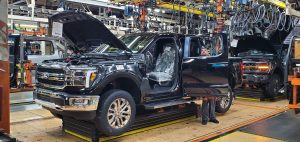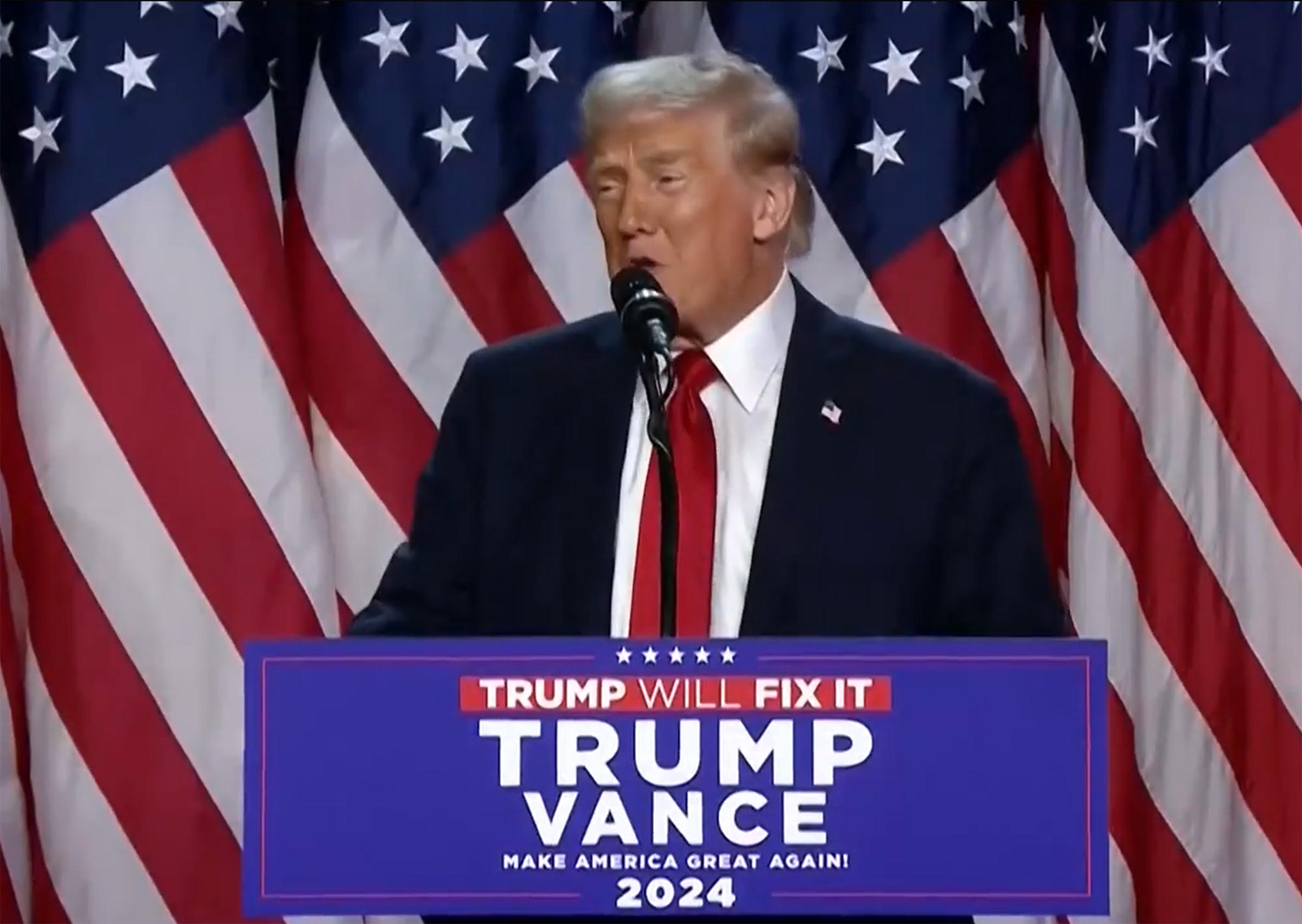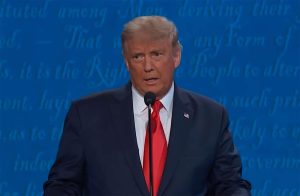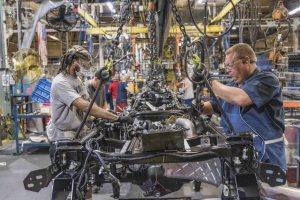Despite efforts by automakers to improve their relationships with President Donald Trump prior to and immediately after he took office last month, they can’t seem to escape the impact of his trade policies, the latest being a 25% tariff on steel and aluminum imports into the U.S.
Trump announced his plan to implement the tariffs — starting Monday — traveling to the Super Bowl, telling reporters he believed they would have a very positive impact.
And U.S. steel and aluminum companies have seen their stock prices jump in early trading Monday. However, U.S. automakers, such as General Motors, Ford and Tesla are down only slightly during the same period.
“Very simple, they charge us, we charge them,” Trump said Sunday.
However, automakers and suppliers are now going to need to adjust their plans to account for the changes as the new tariffs apply to every country exporting steel and aluminum to the U.S.
Last year, Canada was the top steel supplier to the United States, followed by Brazil, Mexico, South Korea and Vietnam, according to data from the American Iron and Steel Institute.
The obvious answer is that they will turn to U.S. producers, but the demand will be high — thus escalating the price and also eventually forcing automakers to take steel from outside the country as well due supply.

Ford and GM would be significantly impacted if the steel and aluminum tariffs remain in place for a long period.
What will they do?
Automakers haven’t come and said what will happen or how they will adjust to the new tariffs, but each material plays a crucial role in automotive manufacturing.
“[Automaker] product decisions will be absolutely U.S.-first because this disruption right this second says, ‘Who knows what Trump is going to do next,’” Joe McCabe CEO of AutoForecast Solutions (AFS) in Pennsylvania told Automotive News Canada.
Steel is critical in the production in the biggest sellers for General Motors and Ford — pickup trucks. Aluminum is used to help make the big behemoths lighter. In fact, Ford uses aluminum for many of its exterior panels on its F-150 full-size pickups.
More Tariff News
- Trump Tariffs Threaten Auto Industry’s Vast Manufacturing System
- Trump’s Threatened Tariffs Could Cost Automakers 17% of Earnings
- Trump’s Threatened Tariffs: Protectionism or Ploy?
Is it though?
Trump claims that the tariffs will be very good for the country, but automakers will be among the first to disagree. The president has slapped tariffs on steel and aluminum tariffs before — in the summer of 2018. As a result, the auto companies all reported hits to their bottom lines during that period.
Had they remained in place for any length of time, analysts predicted prices of new vehicles could have risen $5,000. The impact on automakers isn’t just limited to the potential need to raise prices on vehicles to account for the levies.
Prices of other products will rise as well, forcing Americans to spend more money on smaller items they use regularly — limiting how much they can spend on a new vehicle. This is especially problematic as interest rates are still elevated on new vehicles, causing monthly payments to remain at all-time highs. The current average payment for a new vehicle is $754.
Short term issues
If the tariff is short, then some automakers and suppliers will likely eat the difference to keep their relationships with their current customers. Jon Azzopardi, president of Laval Tool and Mould Ltd., based in Tecumseh, Ontario, near Windsor, told Automotive News Canada he will take on the costs temporarily.
He’s informed customers that he intends to find ways to offset any increases, and then, if necessary take on the additional costs, until he can no longer do so. However, he makes a bigger point when it comes to tariffs.
“The uncertainty or the potential for a tariff is just as bad as the tariffs themselves,” he told Automotive News Canada. In short, Trump’s random, scattershot approach to shredding the USMCA Free Trade Agreement that replaced NAFTA — and was negotiated by Trump himself during this first term — has automakers and suppliers reexamining all of their costs and likely making adjustments in advance for moments like this.





0 Comments